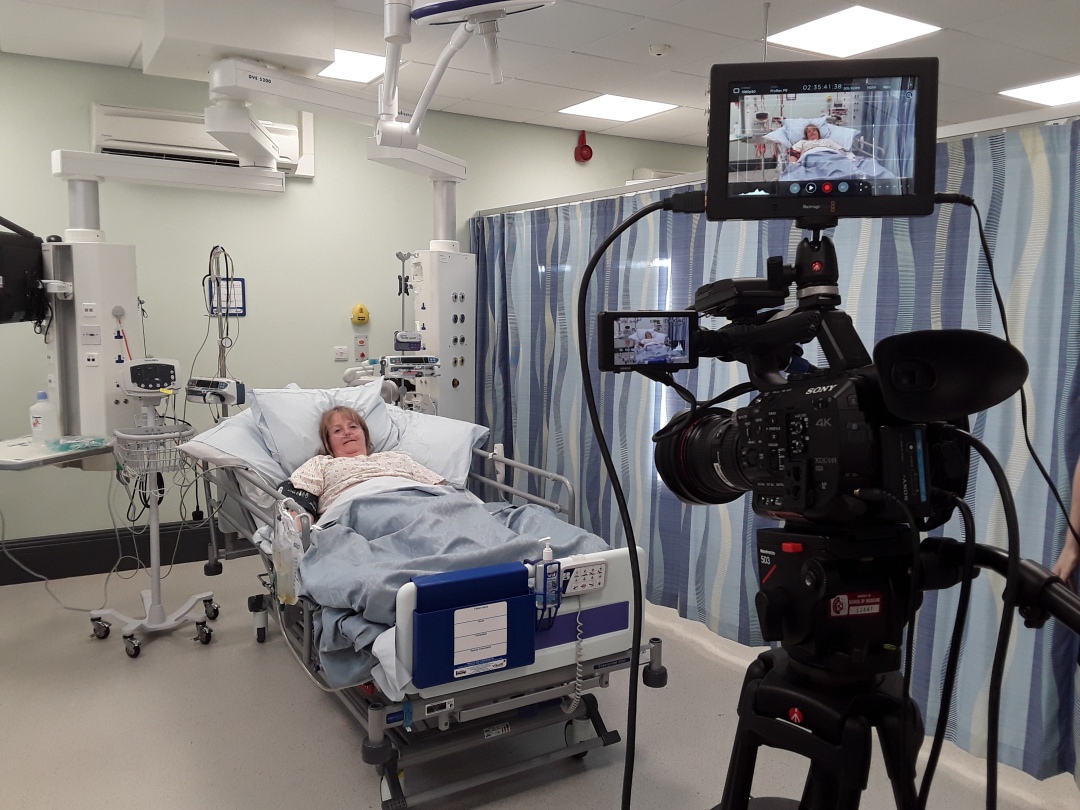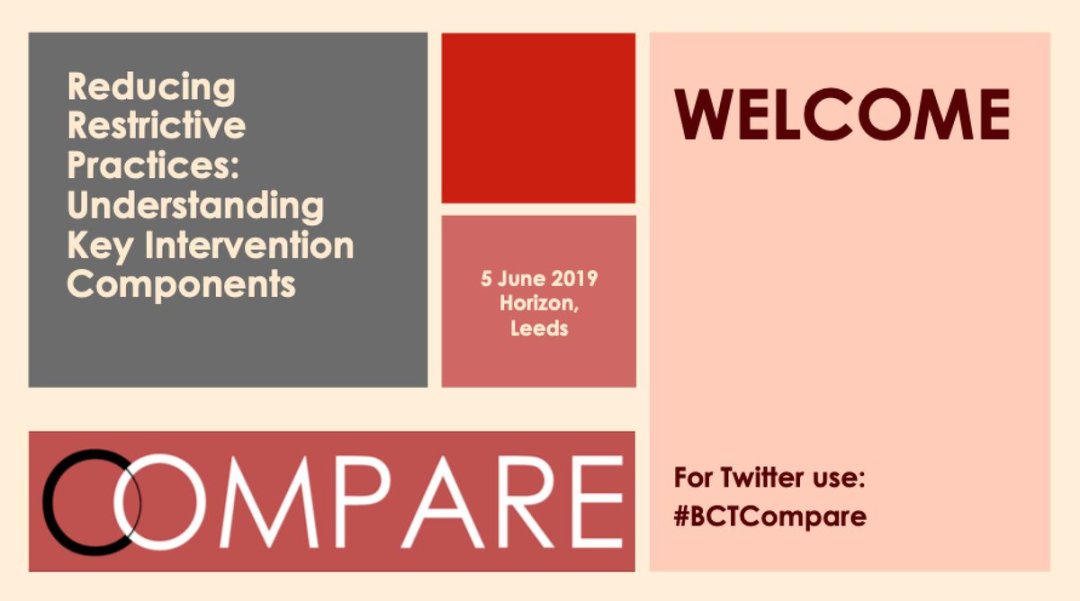New survey launched today. You are invited to take part in an online survey which takes around 10-15 minutes to complete. The participant information sheet is attached to this email. The aim of this research study is to decide on a set of outcomes that should be measured when researchers introduce measures to try to … Continue reading Developing core outcomes sets for the reduction of restrictive practices in adult inpatient mental health settings.







